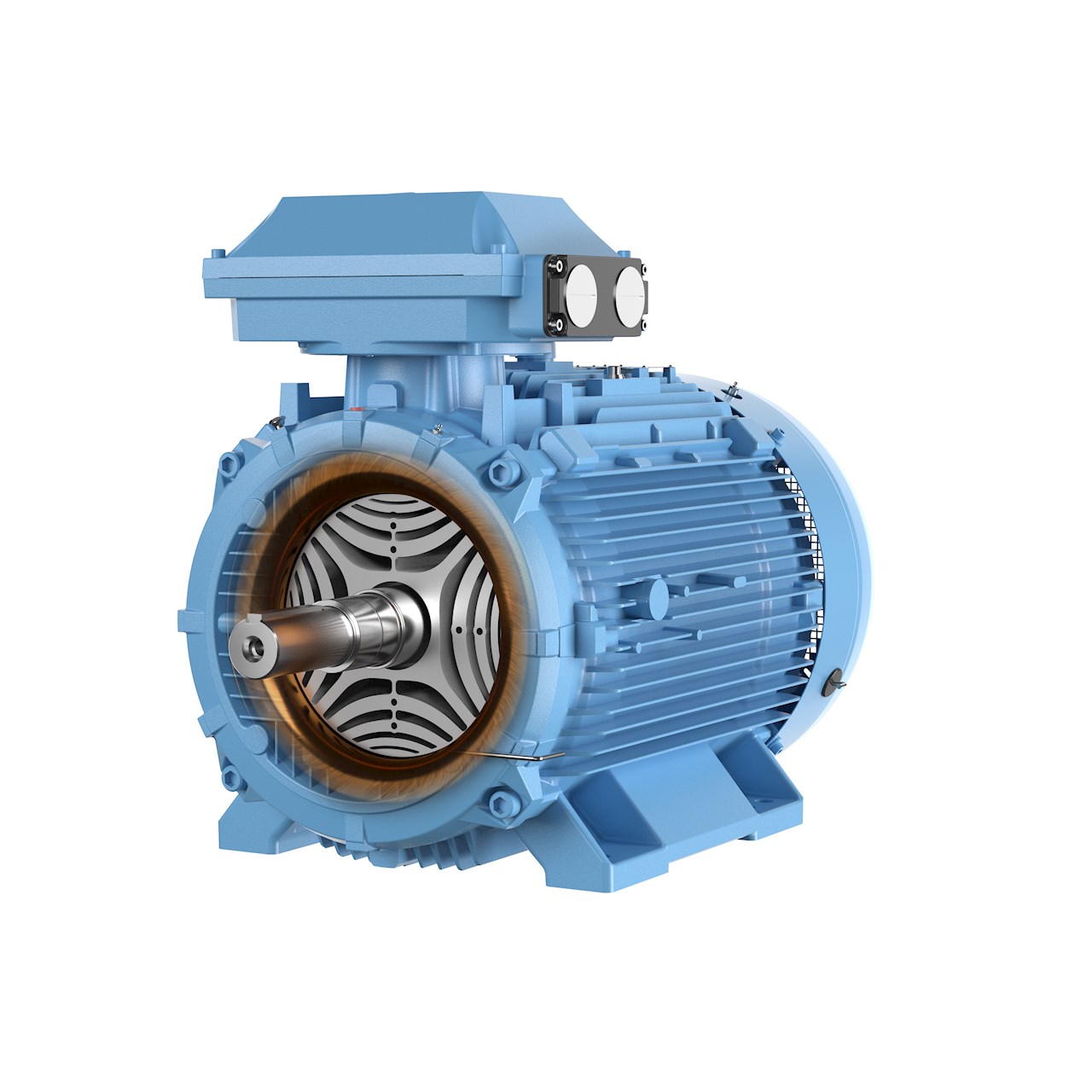According to an International Energy Agency study (IEA World Energy Outlook, Paris 2016) electric motors are responsible for 53 percent of global electricity use. Converting electrical energy to mechanical energy, these motors rotate pumps, drive compressors, move materials and run fans, blowers, drills or mixers. Electric motors could rightly be called the “workhorses” of industry. As such huge consumers of electricity, even small improvements in efficiency can lead to large energy savings, which leads to greater sustainability globally.

In 2011, ABB launched the highly efficient SynRM motor that offers the performance advantages of permanent magnet technology without using rare earth magnets. Unlike in an induction motor, the SynRM has no induced current in its rotor and thus no related energy losses. Case studies in industrial installations have demonstrated energy savings of up to 25 percent, depending on the application. Additional benefits of this motor technology include lower bearing and winding temperatures for enhanced reliability and long life. The design also creates less motor noise for a better working environment.
Electric motors are classified in terms of energy efficiency with an International Efficiency (IE) rating from 1 to 5. ABB’s SynRM motors now meet the new IE5 ultra-premium energy efficiency class defined by the International Electrotechnical Commission. These motors offer up to 50 percent lower energy losses and significantly lower energy consumption when compared with commonly used IE2 induction motors. SynRM motors are controlled by variable speed drives, which provide the precise amount of energy required to perform the task, further maximizing energy savings. ABB’s installed base of variable speed drives reportedly saved 515 terawatt hours of energy in 2017, comparable to approximately eight days of global electricity consumption.

These motors offer industrial users a great opportunity to reduce their electricity consumption and the related CO2 emissions while also benefiting from increased productivity and lower life-cycle costs.
“A global consensus on climate change is driving industrial demand for solutions that increase energy efficiency”, says Morten Wierod, President, ABB Motion. “Our SynRM motor innovation is just one example of our commitment to develop technology that will help drive the low-carbon future for industries, cities, infrastructure and transportation.”
Read the full “Global Innovations from the Energy Sector 2010-2020” report here.